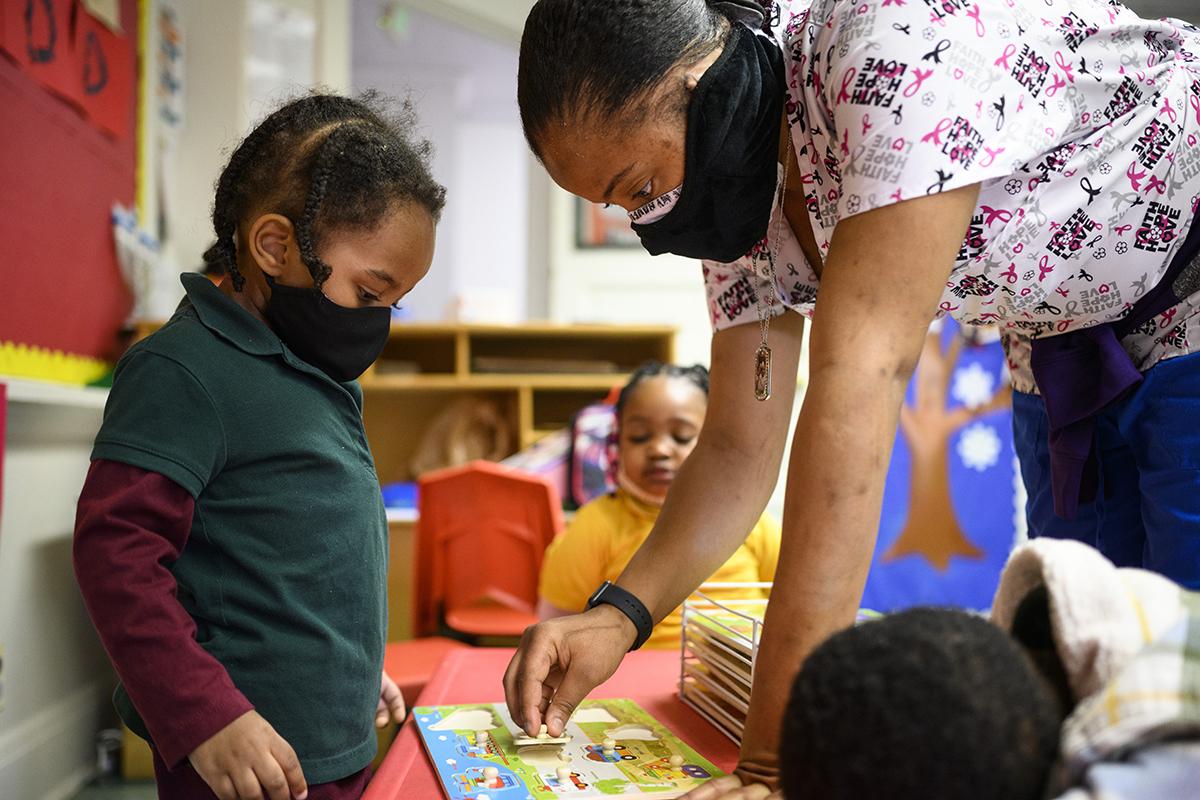
Dear Friends,
As a historian of gender and slavery, I spend much of my professional life looking for archival evidence to piece together how women survived in situations of bondage that were inimical to their agency and self-care. When it became clear that the COVID-19 pandemic had become a way of marking time, and a way of articulating grief and vulnerability, I turned again to the archive to see how the UO community had dealt with the influenza epidemic of 1918. As the May 2015 Oregon Quarterly documents, Susan Campbellóthe presidentís wifeópersonally cared for sick students, helped to organize campus infirmaries, and kept anxious parents informed of the state of their children. Despite the determined effort to check these pandemics, I am reminded of the strength of our community and how we need each other to make sense of this time.
Every director of a feminist, social justice center has struggled to write a retrospective year in review that strikes the right balance between the ravaged emotional turbulence of COVID time and the present moment. I believe in optimism and the proverbial half-full glass. But we must also acknowledge those who we lost and reflect on what COVID-19 revealed about our community, our campus, our state, and our world. Last time I wrote to you, RBG was alive and the Pacific northwest had not yet experienced the fires that now define our climate reality. Today, poor womenís reproductive rights are under attack. We have a new President and Vice President. We have an effective vaccine that protects us from the ravages of COVID-19. The before and after list could go on, but we are indelibly stamped by COVID time, and how we emerge from it will determine how we handle social vulnerability, racial injustice, and climate equity.
What did we do as a community during COVID time? It became immediately clear that the impact of caregiving while sheltering in place, remote working, and unstable employment would be borne by women and contingent labor. Feminists have long pointed out that academic labor cannot exist without caregivers. We launched our Caregiver Campaign to serve as a clearinghouse for our colleagues here and at other universities to amplify the disproportionate impact of the pandemic on research, teaching, and service and to demand equitable accommodations. We diverted most of our programming budget to research support for graduate students and faculty. We supported three new RIGs (Research Interest Groups) on Black Feminist Ecologies, Wellbeing, and Care, Equity, and Social Justice. Our continued support for the Inclusive Pedagogies RIG was all the more pressing as we struggled with the virtual format for instruction and pedagogy. We hosted a virtual ìbooks in printî series to celebrate the publications of our esteemed and cherished colleagues. We produced a podcast with four brilliant feminist thinkers as we struggled to make sense of COVID time.
Every upbeat communication celebrated our ability to pivot. Despairing of this acrobatic metaphor, I prefer to think of COVID time as a time of grace, balance, and strength. Now as CSWS approaches our 50th anniversary, of course we will use the celebration to highlight our past, but it is our future as fierce feminists that we must imagine and celebrate. This yearís Annual Review showcases the year that was, and also calls our attention to transitions. As I step down from the directorship, I am confident that Sangita Gopalís leadership will usher in the next decade of fierce feminism. And we will all be here and gather to celebrate again in person when we can safely hold each other close. It has been such an honor and a delight to direct CSWS over the past five years, and to have learned from such an incredible community of scholars and friends.
My best to you all,
Michelle

